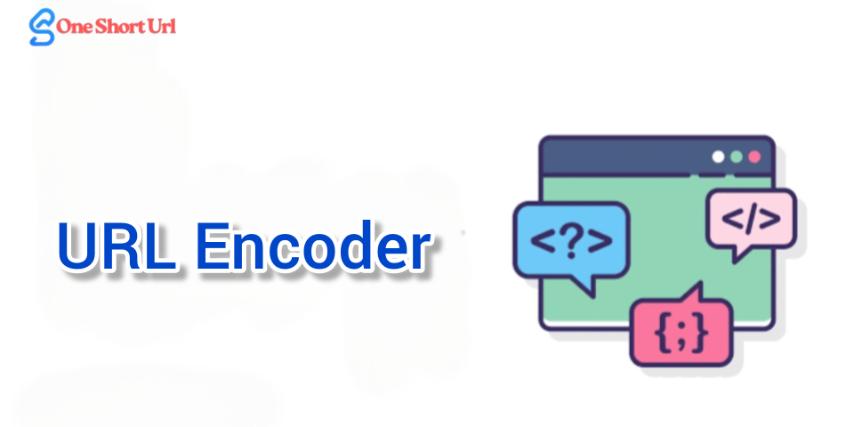
URL Encoder: A Complete Guide for Beginners
Created on 30 September, 2025 • Converter Tools • 44 views • 3 minutes read
A URL encoder is an essential tool in modern web development. It ensures that URLs remain valid, secure, and universally interpretable by converting unsafe characters into standardized encodings.
What Is a URL Encoder?
A URL encoder is a tool or function that converts characters into a format that can be safely transmitted over the internet. URLs (Uniform Resource Locators) can only contain a limited set of characters such as letters, numbers, and a few special symbols. When a URL includes characters outside this set—like spaces, punctuation, or non-English letters—they need to be encoded to ensure compatibility.
URL encoding works by replacing unsafe characters with a percent sign (%) followed by two hexadecimal digits representing the character’s ASCII value. For example, a space character is encoded as %20. This process ensures that web servers and browsers interpret the URL correctly.
Why Do We Need URL Encoding?
URL encoding is crucial for maintaining accuracy and security when data is passed through URLs. Without encoding, web servers might misinterpret certain characters, leading to broken links, data loss, or even security vulnerabilities.
Handling Special Characters
URLs often include characters such as &, =, ?, or # to define parameters and anchors. If additional characters like spaces or symbols are present, they can disrupt the structure of the URL. A URL encoder prevents this by converting them into a universally accepted format.
Ensuring Data Integrity
When transmitting user input through query strings, encoding ensures that the data arrives exactly as it was entered. For instance, if someone types their name with a special character like + or @, the encoder preserves its meaning during transmission.
Improving Security
Encoding helps prevent certain types of cyberattacks such as URL injection or cross-site scripting (XSS). By converting potentially harmful characters, the encoder ensures that URLs are processed safely by web servers and browsers.
How a URL Encoder Works
The process of URL encoding is straightforward yet powerful. Each unsafe character is replaced by a percent symbol followed by a two-digit hexadecimal number. For instance:
- Space becomes
%20 - Colon (
:) becomes%3A - Slash (
/) becomes%2F - At symbol (
@) becomes%40
This encoding allows URLs to remain consistent and universally readable across different browsers, systems, and networks. Many programming languages such as JavaScript, Python, and PHP include built-in functions for URL encoding, making it simple to implement in web applications.
Common Use Cases for URL Encoder
URL encoders play a vital role in web development and digital communication.
Web Forms and User Input
When data is submitted through online forms, the input is often appended to the URL as query parameters. A URL encoder ensures that the input, regardless of special characters, is transmitted accurately.
API Requests
APIs frequently require parameters to be passed through URLs. Encoding makes sure that values containing spaces or symbols are properly handled by the server, avoiding request errors.
Email Links and Redirects
URL encoding is used when embedding links in emails or redirecting users between pages. It guarantees that the link works as intended, even if it includes special characters.
Search Engines and SEO
Search engines also rely on properly encoded URLs to crawl and index pages. Encoding ensures that URLs remain valid and accessible, contributing to better SEO performance.
Advantages and Limitations of URL Encoding
Advantages:
- Ensures URL compatibility across browsers and platforms
- Preserves special characters in user input
- Enhances security by reducing risks of injection attacks
- Facilitates accurate communication between systems
Limitations:
- Encoded URLs can become long and harder to read
- Not all characters require encoding, which can lead to over-encoding if not implemented carefully
Conclusion
A URL encoder is an essential tool in modern web development. It ensures that URLs remain valid, secure, and universally interpretable by converting unsafe characters into standardized encodings. Whether for web forms, API requests, or email links, URL encoding guarantees smooth communication between clients and servers. Although encoded URLs may appear less user-friendly, their role in preserving accuracy and security makes them indispensable in the digital world.